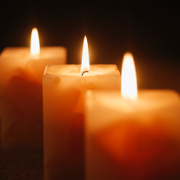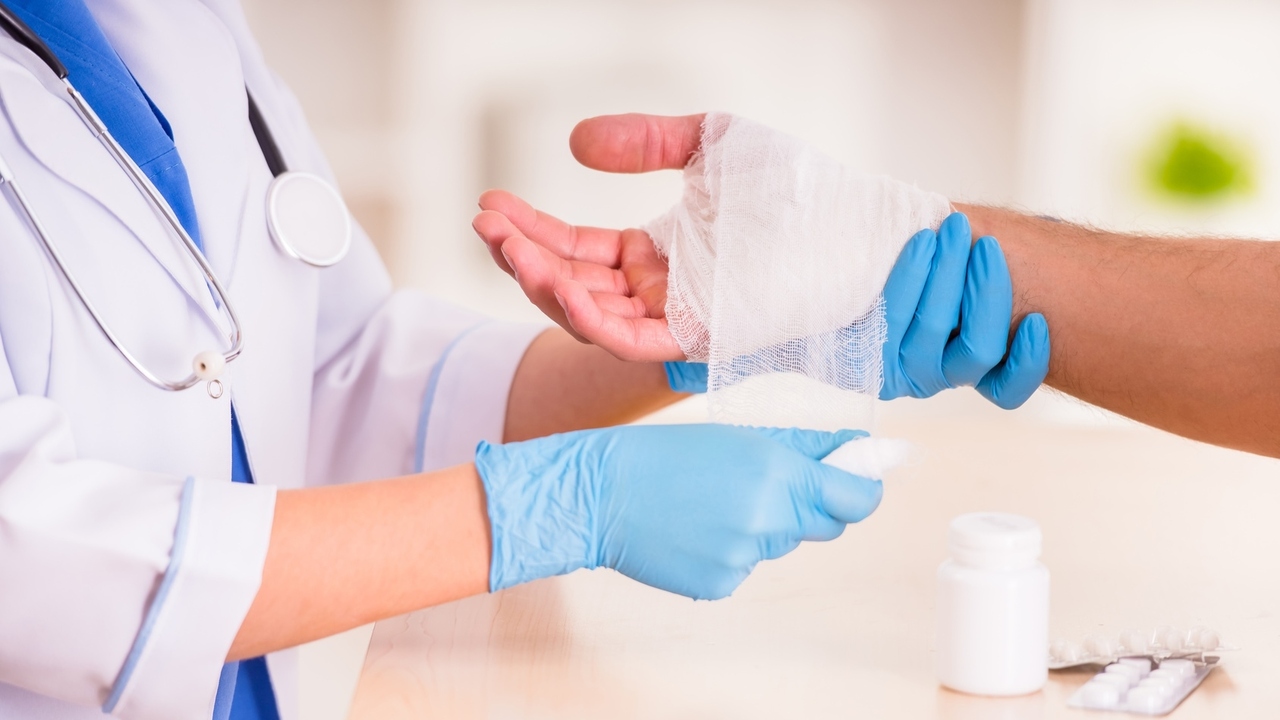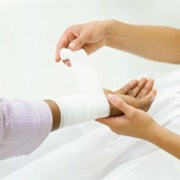 Photo: Getty Images
Photo: Getty Images
According to the University of Maryland Medical Center, between 30 to 40 percent of burn victims are children younger than the age of 15.
Third-degree is the most severe type of burn. A third-degree burn is when all the layers of the skin are burned. Third degree burns can be deadly if you are burned on the majority of your body. Third-degree burns may require skin grafting or plastic surgery. This is generally required because new skin will not grow in the third-degree burn area.
Seek medical attention immediately, if you or someone you love has a third-degree burn. The National Institutes of Health recommend calling 911 if you have the following burn issues:
• The burn is severe (third degree)
• The burn is extensive (the size of your palm or larger)
• The person shows signs of shock
• You aren't sure how serious it is
• The burn is caused by chemicals or electricity
• Physical abuse is the known or suspected cause of the burn
• The person inhaled smoke
• There are other symptoms associated with the burns
Symptoms of third-degree burns include:
• Lack of pain because nerve endings are completely burned
• Swelling
• Dry leathery skin
• Charred black skin
• Yellow, brown or white skin
The following first aid steps are recommended by the American Academy of Family Physicians and FamilyEducation.com for third-degree burns:
• Call 911 immediately
• Don't take off any clothing that is stuck to the burn
• Don't soak the burn in water or apply any ointment
• Treat for shock if necessary
• Call the local poison control center if you suspect a chemical burn
• Remove jewelry and tight clothing not on the burn area
• Cover the burn with a cool, wet sterile bandage or clean cloth until you receive medical assistance
• Elevate burned hands by keeping them higher than the heart
• Burned legs and feet should be elevated to keep blood flowing smoothly.
• Keep the injured person still
• If the face is burned, keep checking for breathing complications, administering mouth-to-mouth resuscitation if necessary
If you have a third-degree burn, you may experience complications like pneumonia or infection.
According to the Children’s Hospital of Pittsburgh, treatment for third-degree burns will depend on the severity of the burn. Third-degree burn treatment may include the following:
• Antibiotic ointments or creams
• Antibiotics by intravenous (IV) or by mouth
• IV fluids containing electrolytes
• Pain medications
• Nutritional supplements
• A high-protein diet
• A warm, humid environment for the burn
• Early cleaning and debriding (removing dead skin and tissue from the burned area) can be done in a special bathtub in the hospital or as a surgical procedure
• Functional and cosmetic reconstruction
• Skin grafting (may be required to achieve closure of the wounded area)
Sources:
Children's Hospital of Pittsburgh. Second-Degree Burns. Retrieved September 20, 2011, from
https://www.chp.edu/CHP/P01760
Burns: MedlinePlus Medical Encyclopedia. National Library of Medicine - National Institutes of Health. Retrieved September 20, 2011, from
http://www.nlm.nih.gov/medlineplus/ency/article/000030.htm
First Aid: Burns -- familydoctor.org. Health information for the whole family -- familydoctor.org. Retrieved September 20, 2011, from
http://familydoctor.org/online/famdocen/home/healthy/firstaid/after-injury/638.html
Treating first-, second-, and third-degree burns - FamilyEducation.com. Family Life, Child Development, Nutrition, Teen Health & School Safety - FamilyEducation.com. Retrieved September 20, 2011, from
http://life.familyeducation.com/wounds-and-injuries/first-aid/48249.html?page=2
Reviewed September 21, 2011
by Michele Blacksberg RN
Edited by Jody Smith





Add a CommentComments
There are no comments yet. Be the first one and get the conversation started!